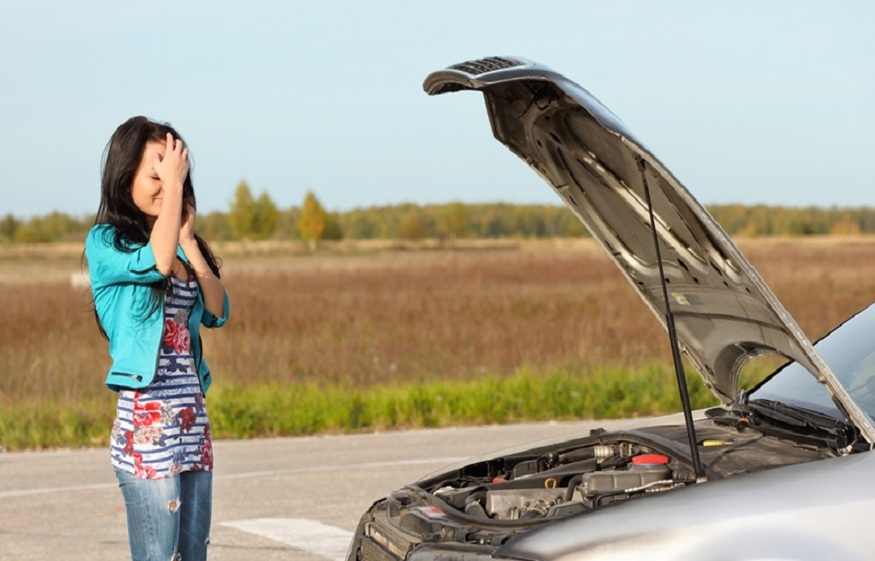When the car system starts boiling, the extent of damage to the various parts is different. Most often, such an occurrence does not harm anything, just the car owner gets frightened. However, if the overheating of the engine stalls, this may indicate the following things:
- Block damage.
- Damage to valve stem seals.
- Breakage or deformation of valves.
- Destruction of the cylinder head seal.
- A critical decrease in the level of antifreeze.
The boiling results are eliminated depending on the specific instances. Generally, everything is resolved using restoration and by grinding the cylinder head. The pistons rarely get seized. However, in such cases, the repairs seem impractical. In contrast, it is much easier and cheaper to install another engine.
Constant overheating of the antifreeze and steam release indicates a decrease in the amount of the coolant. In such circumstances, the engine becomes unable to start even after cooling down. If you simply do not refill it and wait for the cooling of the installation, the antifreeze will boil again. In addition, it will also cause the heating of the combustion chambers, and other heat-loaded parts will increase. In the long run, the engine’s internal components will become unusable, and the cylinder block itself will collapse.
What to do?
Some valuable tips:
- Any temperature increases indicated a decrease in the efficiency of the functioning of the antifreeze supply devices. In such cases, it becomes essential to cool down the installation correctly.
- The straightforward solution is to reduce the heatness by turning on the car’s AC at full potential.
- If you detect a low level of antifreeze, it should be replenished urgently. This operation must be performed on a cooled engine.
Whenever the refrigerant temperature rises, the car owners need to act quickly. The first and foremost thing is to stop the car. Then turn on the car AC to the maximum, this will help you divert some of the engine heat to the passenger compartment. Then leave the car engine idle for a few minutes and turn it off.
What not to do when the engine is boiling
If your car engine starts boiling, such actions on the part of the driver are strictly prohibited:
- You should never increase the engine speed, increasing the load on the car’s engine.
- Avoid stopping the car all of a sudden. It is better to turn on the car AC to maximum heating.
- Avoid diluting the boiling liquid with cold water or antifreeze. It will help contain the damage on the cylinder block, especially the cast iron.
- Check the condition of antifreeze on a hot engine. It is essential to provide time to cool, otherwise, the boiling liquid can touch the skin, which can cause severe burns.
- Leave the car’s hood closed. After turning off the ignition, you must instantly raise the lid, ensuring fresh air flows to the engine.
- Avoid pouring cold water onto the engine. A sharp temperature drop can cause the formation of cracks and breakdowns of the BC.
About the Company:
At Getpitstop, we offer affordable car services to all Indian and foreign car models. Our professional mechanics can also provide on-road car services if there is any major breakdown and the car becomes unable to reach the garage.

